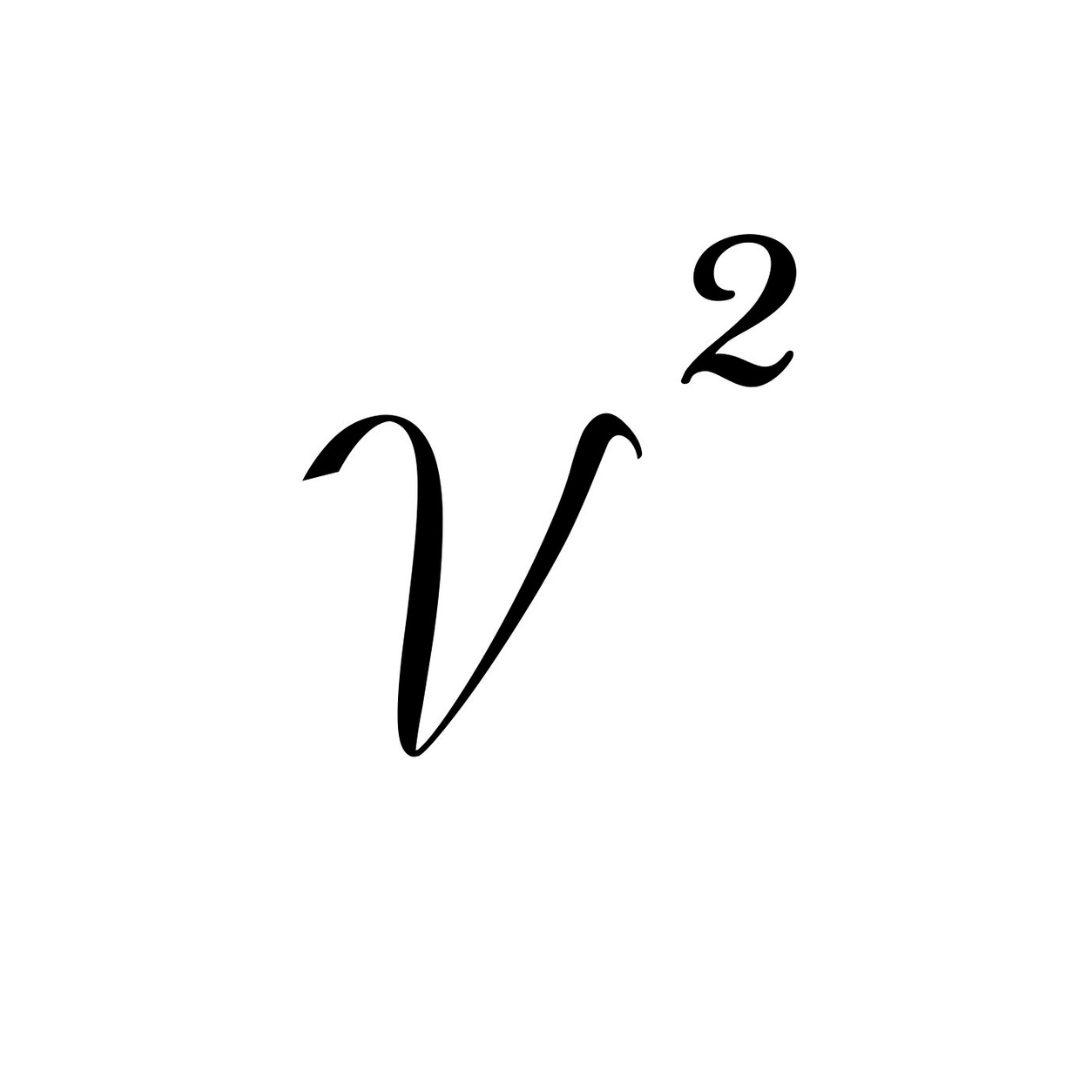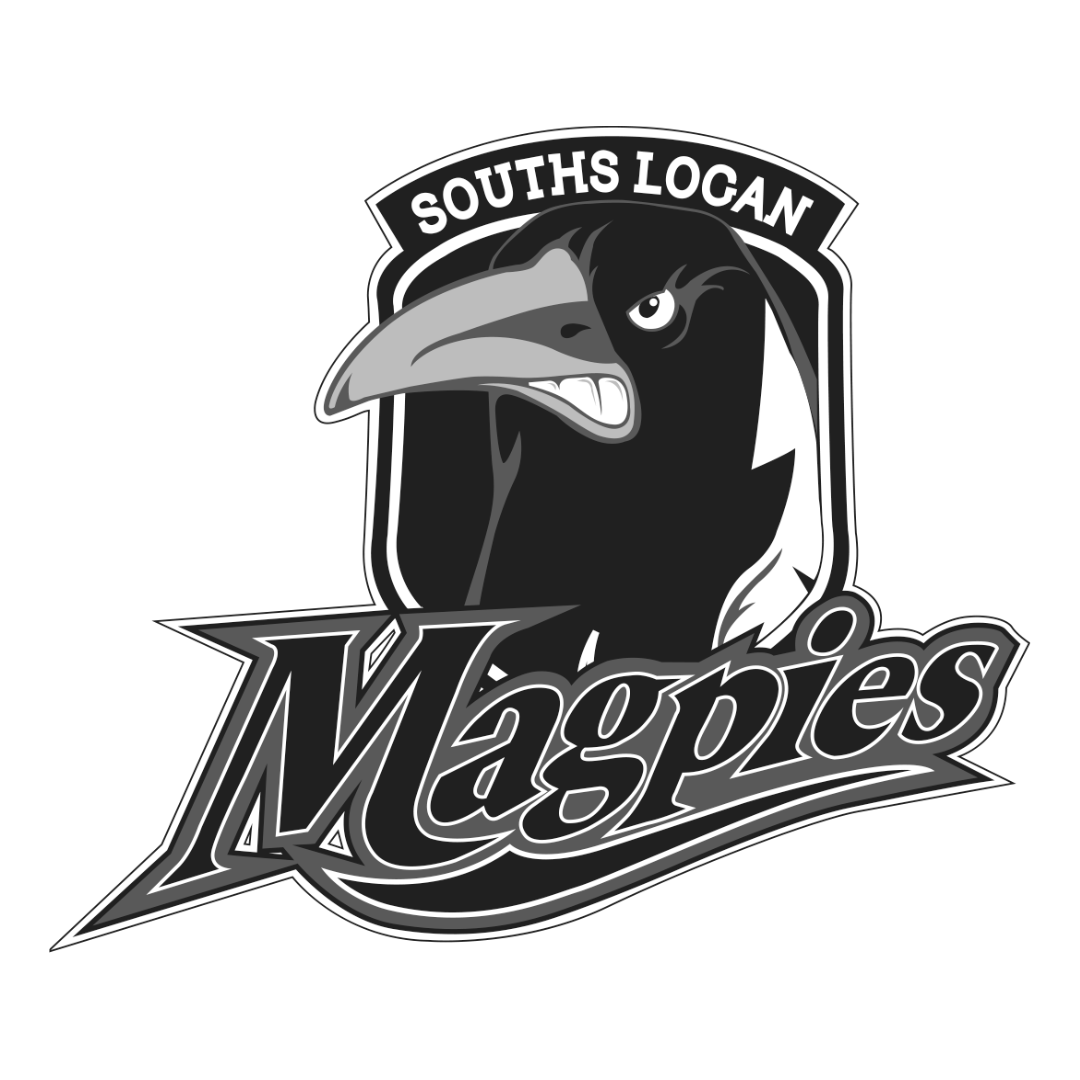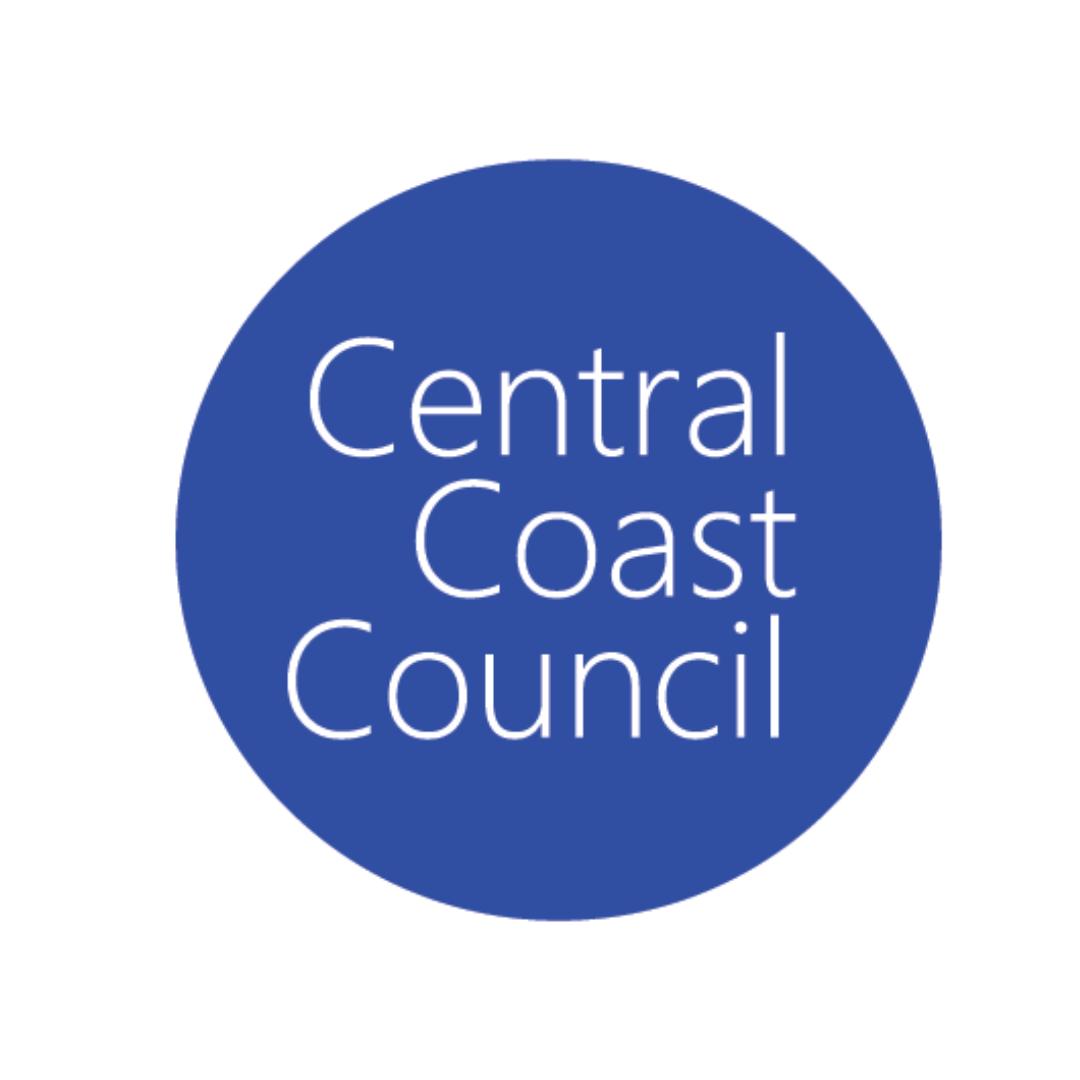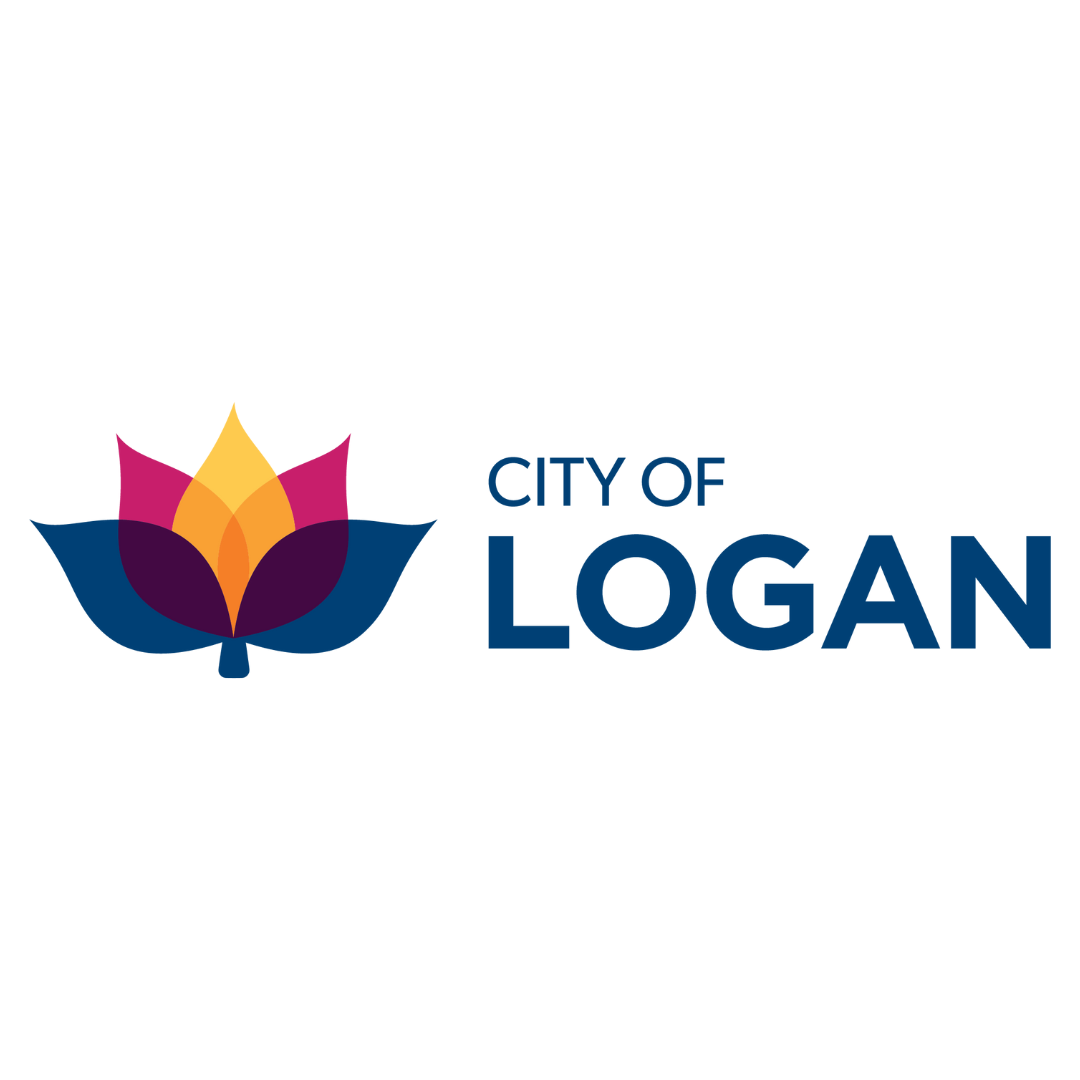DISCIPLINARY
PROTOCOL
1. Introduction
1.1. This Disciplinary Protocol (Protocol) establishes the procedures and mechanisms for addressing unsatisfactory conduct occurring from or in connection with a 3Ptag event or activity.
1.2. The provisions herein do not preclude 3Ptag from addressing behavioural issues through alternative mechanisms, including (but not limited to) informal resolution, mediation or formal warnings.
1.3. 3Ptag may appoint appropriately qualified or experienced individuals to perform roles such as Disciplinary Officer, Tribunal Chairperson, or Tribunal Panel Member to implement this Protocol.
2. Scope and applicability
2.1. This Protocol applies to all participants and stakeholders involved in 3Ptag, including but not limited to athletes, teams, coaches, team delegates, officials, spectators, and parents (collectively, Participants).
2.2. By participating in 3Ptag events or otherwise engaging with 3Ptag including in its online platforms, all Participants acknowledge and agree to adhere to the jurisdiction, processes, penalties and appeal mechanisms established herein.
3. General Principles
3.1. All disciplinary matters will be conducted in accordance with the principles of natural justice, ensuring that:
3.1.1. Charged persons have the opportunity to be heard and respond to allegations and evidence;
3.1.2. Decisions are made impartially and without bias; and
3.1.3. Adequate investigation and consideration of relevant evidence precede any decision.
3.2. Given the short duration and limited frequency of 3Ptag events, 3Ptag may, where possible and subject to the presiding Chairperson’s review of any alleged offence, seek to procure the initial review and preliminary decision regarding the complaint/ report by the Chairperson. All Participants further acknowledge, agree, and accept that:
3.2.1. his is not intended to impinge on their rights and the obligations of 3Ptag pursuant to clause 3.1. above;
3.2.2. this does not prevent them from seeking to be heard regarding the matter and the evidence; and
3.2.3. and any associated fees referred to herein are considered reasonable under the circumstances.
3.3. The standard of proof is the balance of probabilities. Decisions in tribunals with multiple members shall be made by a simple majority.
4. Offences
4.1 Participants may be subject to disciplinary action under this Protocol for the following:
4.1.1. Breaching the 3Ptag Code of Conduct, Playing Rules, Conditions of Entry, or any other applicable policy or like-3Ptag document;
4.1.2. Non-compliance with directions or determinations issued by 3Ptag or its representatives;
4.1.3. Conduct unbecoming of a Participant or bringing 3Ptag or the sport into disrepute; or
4.1.4. Acts or omissions prejudicial to the interests of 3Ptag
(collectively, Offence(s)).
5. Reporting
5.1. Other than game officials for which clause 5.2 applies, alleged offences must be reported in writing to 3Ptag within 24 hours of the incident and a completed Incident Report returned to the Disciplinary Officer within 24 hours thereafter.
5.2. Game officials must report send-offs or other misconduct to the Disciplinary Officer immediately after the game and submit an Incident Report as soon as reasonably practicable.
5.3. Late complaints may be considered but must be referred to the Tribunal Chairperson, who has ultimate discretion in the matter. The onus is on the complaining/reporting party to provide reasons for the delay. Knowledge of the related process will not be accepted as a valid reason for late submission, as these protocols and similar documents are published on the 3Ptag website and are noted on all entries for 3Ptag events.
5.4. No disciplinary steps are required to be taken pending receipt of the Incident Report.
5.5. No reports / complaints will be accepted relating to the on-field decisions of game officials.
5.6. Whether a complaint or report is referred to the Disciplinary Tribunal (including the Chairperson for a Preliminary Review) is at the discretion of 3Ptag.
6. Investigations
6.1. The Disciplinary Officer or other designated party may initiate an investigation into the alleged offences where deemed necessary.
6.2. Investigators shall have the authority to:
6.2.1.Collect and examine evidence;
6.2.2.Inspect documents; and
6.2.3.Interview witnesses.
6.3. Following the investigation, a report will be submitted to the Disciplinary Officer, Chairperson or Tribunal (as the context permits) for further action.
7. Preliminary Review
7.1. Once the Disciplinary Officer has completed their investigation (if any), they must as soon as practicable, provide the Chairperson with:
7.1.1. a copy of the incident report(s);
7.1.2. a summary of the findings from any investigation;
7.1.3. all relevant documents and evidence; and
7.1.4. details of the alleged charge(s) against the named / accused person.
7.2. As soon as practicable, the Chairperson must conduct a preliminary review of the documents and evidence referred to in clause 7.1. above (Preliminary Review).
7.3. Following the completion of the Preliminary Review, if the Chairperson is satisfied, on the balance of probabilities, that the named party:
7.3.1. Committed the offence, the Chairperson may impose a penalty; or
7.3.2. Did not commit the offence, the Chairperson may dispense with the charge(s) or refer the matter to the Disciplinary Tribunal.
7.4. If an affected party (being either a complainant / reporting party or the named / accused person), wishes to appeal the Chairperson’s decision made in accordance with clause 6.3. above (hereinafter referred to as the Preliminary Review Decision), then they may request that the matter be heard by a Disciplinary Tribunal. For the sake of clarity, this right to appeal does not extend to the referral of the matter to the Disciplinary Tribunal under clause 7.3.2.
7.5. Any request to appeal the Preliminary Review Decision must be made in writing to the Disciplinary Officer within 48 hours of the appealing party receiving notification of that Preliminary Review Decision. No response to said notification shall be deemed to be an acceptance of the Preliminary Review Decision by the relevant party/ies.
7.6. The Chairperson who made the Preliminary Review Decision must not sit on the Disciplinary Tribunal once convened.
8. Notification of Charge and Penalty / Referral to Disciplinary Tribunal
8.1. Accused persons / Participants must be notified of the particulars of the alleged offence(s), evidence made available to the Disciplinary Officer and/or Chairperson and the details of the charge(s) and any Preliminary Review Decision and/or referral to the Disciplinary Tribunal (Notification) as soon as reasonably practicable.
8.2. Specifically, the Notification must include:
8.2.1. The particulars of the alleged offence, including the date, time, and location of the incident;
8.2.2. The evidence obtained by the Disciplinary Officer;
8.2.3. The details of the Charge(s);
8.2.4. The Preliminary Review Decision or referral to the Disciplinary Tribunal; and
8.2.5. If applicable, details of the tribunal’s time and place.
8.3. Notification of the tribunal must be provided at least three (3) days before the tribunal hearing. However, the accused person/Participant may agree to waive this requirement and proceed to the tribunal earlier, subject to 3Ptag’s ability to facilitate the same.
8.4. If after using reasonable endeavours the Disciplinary Officer is unable to notify the accused person / Participant, then it is sufficient for the purposes of this Protocol for that Notification to be directed to the Team Delegate.
9. Tribunal
9.1. If a matter is referred to a Disciplinary Tribunal or Appeals Tribunal, the tribunal shall be convened as soon as practicable, taking into account the needs of the tournament and the urgency of the matter. The tribunal will review the evidence (and may do so before the tribunal), hear referred matters or appeals, and make a determination.
9.2. The Tribunal shall comprise a Chairperson and two additional members, all of whom shall act independently and impartially, and be appointed by 3Ptag at their discretion.
9.3. The accused person / Participant, Disciplinary Officer and reporting official(s) must attend the tribunal.
9.4. If the accused person fails to appear, the tribunal may proceed in their absence.
9.5. Witnesses must be notified and invited to attend the tribunal but cannot be compelled to attend. If a witness provides a written statement but fails to appear, the tribunal may, in its discretion, rely on the statement or continue the hearing without hearing further (or at all) from that witness.
9.6. On or before the tribunal, the tribunal may determine that certain witnesses need not appear if the tribunal is satisfied on the balance of probabilities that the alleged incident occurred. In such a case, the tribunal may declare that the tribunal is to be convened to determine a penalty only.
9.7. Legal representatives or advocates are not permitted to appear before the tribunal unless exceptional circumstances apply, and leave is granted by the Chairperson.
9.8. The Chairperson may invite any other person they believes will assist the tribunal.
9.9. Tribunal members must declare any conflicts of interest and recuse themselves if necessary.
10. Tribunal procedure
10.1.The tribunal process is as follows:
10.1.1. The Chairperson introduces the tribunal, explains the hearing process, and confirms its jurisdiction over the matter. Expectations for behaviour are also outlined.
10.1.2. The Chairperson reads out the charges and asks the accused party / Participant if they understand the charge(s). Disciplinary Officer is asked to verify that the charge(s) accurately reflect the intended allegations.
10.1.3. The accused party / Participant is then asked whether they accept or challenge the charge(s) or any related Preliminary Review Decision.
10.1.4. If the charge(s) are not contested:
(a) The Chairperson may summarize the key facts of the case; and
(b) Evidence from the Disciplinary Officer may be accepted without requiring additional witnesses, unless deemed necessary by the tribunal.
10.1.5. If the charge(s) are contested, the Chairperson must ask all parties except the reporting official, Disciplinary Officer and the accused person/ Participant to leave the room until called to provide testimony.
10.1.6. Witnesses will then be called one by one to provide their testimony, subject to the tribunal’s approval of the number of witnesses at their discretion.
10.1.7. The accused may question the reporting official or any witness,but must do so respectfully, especially when questioning minors or other vulnerable individuals. The tribunal may intervene or limit or terminate questioning to ensure the wellbeing of the witness and that the proceeding remains fair and appropriate.
10.1.8. The accused party / Participant may also call their own witnesses, subject to the tribunal's discretion regarding how many will be allowed.
10.1.9. The accused party / Participant shall then be given the opportunity to give their final submissions.
10.1.10. The tribunal shall then excuse all parties except for the tribunal panel members from the room for deliberations. If the tribunal finds that the charge has been established to the requisite standard then it shall find that the charge is proved and move to determine an appropriate penalty (if any).
10.1.11. Unless clause 10.1.12 applies, the tribunal shall then recall the accused person/Participant, reporting official / complainant and Disciplinary Officer and advise them of the penalty.
10.1.12. The Chairperson, at their sole discretion, may decide that it is not suitable to announce the decision during the hearing in the presence of all parties. In such cases, the decision may be reserved and provided in writing within 24 hours.
10.1.13. The tribunal is not obliged to give oral or written reasons for any decision made by it under these Protocols.
11. Appeal
11.1. All appeals, including those of a Preliminary Review Decision and decisions of the Disciplinary Tribunal, will incur a $100 fee. The fee will be refunded only if the appeal is successful (i.e., the decision is overturned or reduced).
11.2. A decision of the Disciplinary Tribunal may only be appealed if the Appeal Tribunal is satisfied that significant new or additional evidence is available or if the person is challenging the severity of the sanction. The Appeal Tribunal is not obliged to reduce a sanction if it is satisfied that the Disciplinary Tribunal’s decision was reasonable and within the scope permitted by these Protocols
11.3. The Appeal Tribunal panel members will be appointed by 3Ptag. They must be independent and have no conflict of interest. The process will follow the same procedures as the Disciplinary Tribunal.
12. Penalties and Sanctions
12.1. The Tribunal (including the Chairperson making a Preliminary Review Decision) has authority to impose penalties, including suspensions, disqualifications, fines, reprimands, bans, or deduction of competition points.
12.2. Penalties will be applied at discretion of tribunal, considering factors such as the severity of the offence, prior conduct, and mitigating circumstances. They are to be handed down on a case-by-case basis; that is, determined on the case’s own facts and circumstances without reference to previous tribunal decisions.
12.3. Suspensions or bans imposed on players shall take effect immediately and apply to all matches or activities within the relevant division.
13. Final Provisions
13.1. Decisions of the Disciplinary Tribunal are final and binding unless otherwisesubject to appeal in accordance with the terms of this Protocol.
13.2. This Protocol may be amended by 3Ptag from time to time, with amendments taking effect upon publication.
14. Minors
14.1. If any person subject to these protocols is under 18, they must be advised that they have the right to have an adult (not a legal practitioner) with them when completing any report and/or attending any hearing as an adviser.
14.2. The adviser may ask questions on their behalf at any time.
14.3. The tribunal may use its discretion when hearing witnesses or parties who are minors, including but not limited to dispensing with the accused person’s right to ask questions of a minor witness.
If, with respect to these Disciplinary Regulations, the 3Ptag rule and conditions of entry, there are any inconsistencies relating to disciplinary protocols including but not limited to a referral to the judiciary and procedural requirements, these Disciplinary Protocols should prevail.









